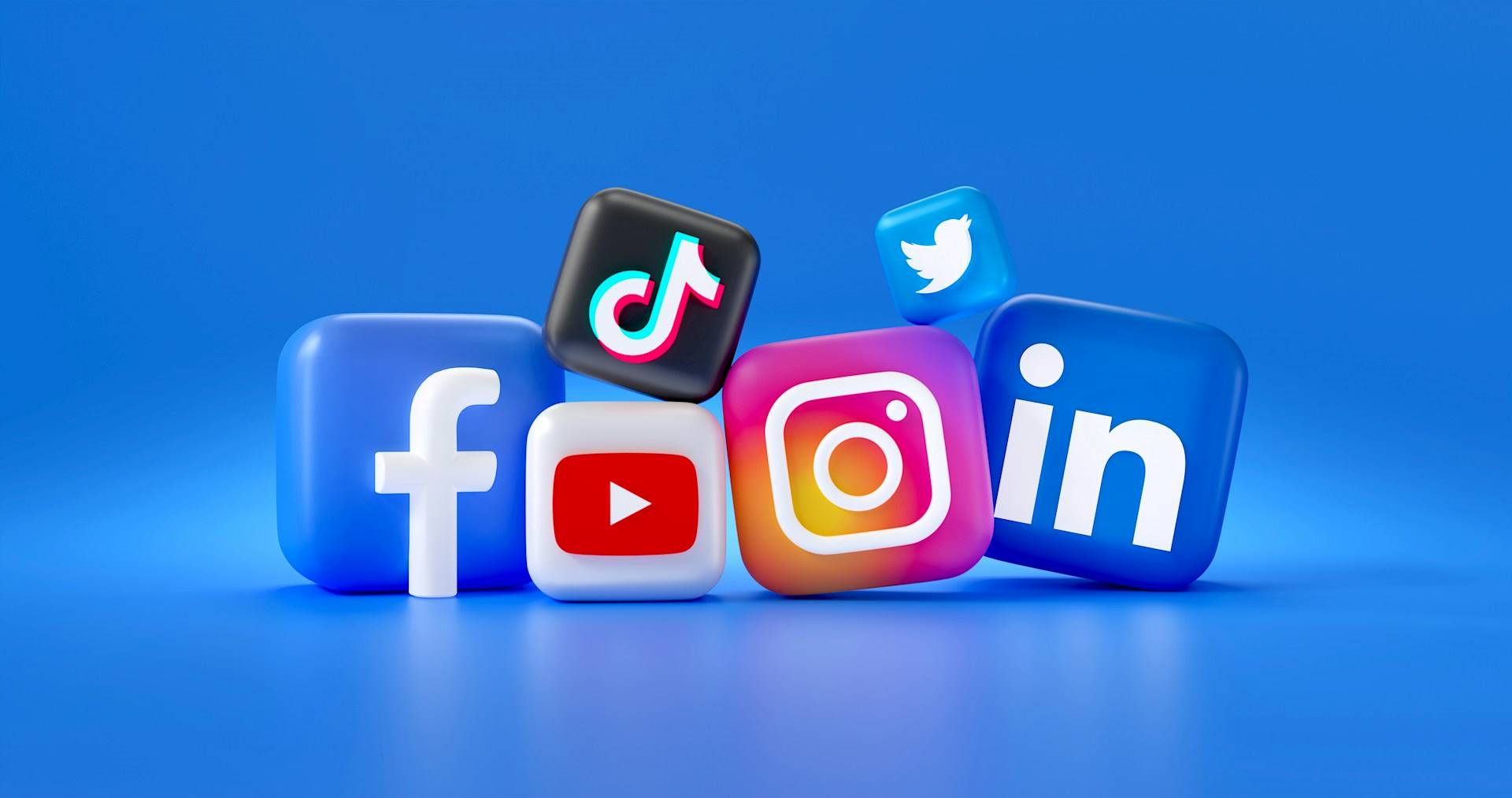It’s easy to believe that social media is listening to our conversations. You mention a new gadget to a friend or simply think about planning a trip and the next time you scroll, there it is: an ad, a post, a suggestion that feels just a little too timely.
So, is social media actually listening to us? Or have algorithms become so advanced that they’ve started to feel almost psychic?
The Silent Intelligence of Algorithms
It turns out, social media doesn’t need to eavesdrop to know what you want. Every digital breadcrumb you drop, likes, shares, comments, searches, even how long you linger on a photo is collected, sorted, and fed into a machine that’s constantly learning you.
These platforms build astonishingly detailed user profiles, mapping out not just your habits but your desires, moods, routines, and evolving interests. It’s not magic. It’s mathematics, designed to mimic intuition.
And because these systems are reactive in real time, they don’t need to hear your words, they only need to see your patterns. Before you even act, they’ve already predicted what you’ll likely want next.
The One You Skip and Everything Changes
But something subtle happens when you break the rhythm. You scroll past a post that doesn’t resonate. You ignore an ad. You swipe left instead of right. And suddenly, your feed feels… off.
That’s because these systems are built for harmony. When you disrupt the flow even slightly, the personalization falters. The algorithm, having built a version of you, now has to recalibrate. That single missed signal can knock the whole experience out of tune, like a skipped beat in a song.
It’s both fascinating and eerie. The product itself feels confused, like it’s momentarily lost the plot of who you are. This disjointedness isn’t just about the tech, it’s a glimpse into the fragile dance between user behavior and machine learning.
When Prediction Feels Like Surveillance
Despite repeated denials from platforms about using microphones to spy on users, the uncanny accuracy of targeted content often tells another story. And while it may not be “listening” in the literal sense, what it is doing might be even more invasive.
By mapping where you go, what you read, what you say, and even what you don’t interact with, these platforms build psychological portraits. And in some cases, these systems don’t just respond, they anticipate.
That eerie feeling that your thoughts have been heard? That’s data, repackaged and fed back to you as “personalization.” The real concern isn’t whether they’re listening. It’s how much we’ve given away without speaking at all.
The Hidden Cost of a Seamless Experience
The hyper-personalized experience feels frictionless. It gives us what we want before we ask. Need shoes? They appear. Thinking of a getaway? Here’s a travel deal. It feels like serendipity, but it’s actually a system shaped by thousands of micro-decisions we've made, many unconsciously.
But with that convenience comes a cost. The more these platforms know about us, the more influence they exert over what we see, what we value, and how we spend our time. The content isn't random anymore, it's curated to keep us engaged, often in echo chambers of our own making.
We’re no longer just users. We’ve become both the product and the training data. And the more tailored our feeds become, the less space there is for spontaneity, discovery, or surprise. Our online experience begins to reflect a version of ourselves shaped by algorithms, one that’s optimized for attention, not growth.
A Quiet Trade We’ve All Made
So, is social media really listening to us? Not exactly. But in many ways, what it’s doing is far more powerful: it's understanding us without needing to listen.
That might sound like progress. But it also forces us to confront a larger question: What kind of digital experience are we comfortable living with?
We’ve traded parts of our privacy for relevance. Our thoughts, even the unspoken ones, now have a digital trail. And the convenience we’ve gained might slowly be shaping not just our behavior, but our identity.
The question is no longer whether social media is listening. It’s whether we’re paying attention to what we’re giving away in return.
